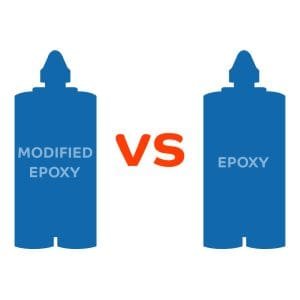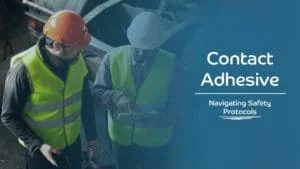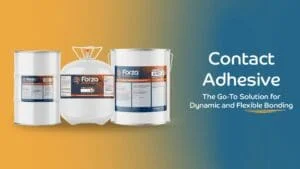Modified vs Regular Epoxies
Modified vs regular epoxies – what are the differences? Epoxy adhesives are 2-part structural adhesives, so modified epoxies are just a modified version of regular epoxies. Both are used for structural bonding and sealing applications.
The reason epoxies are modified, is so they can be more flexible, as regular epoxies are a bit more brittle. Modified epoxies are not only much more flexible, they also bond to a wider variety of substrates, and don’t create heat when curing.
So which type of adhesive should you use? It really depends on your application, as both types of epoxies have their place. If you contact us, and let us know your application and the substrates you’re bonding, we would be happy to recommend the best adhesives for your application!




